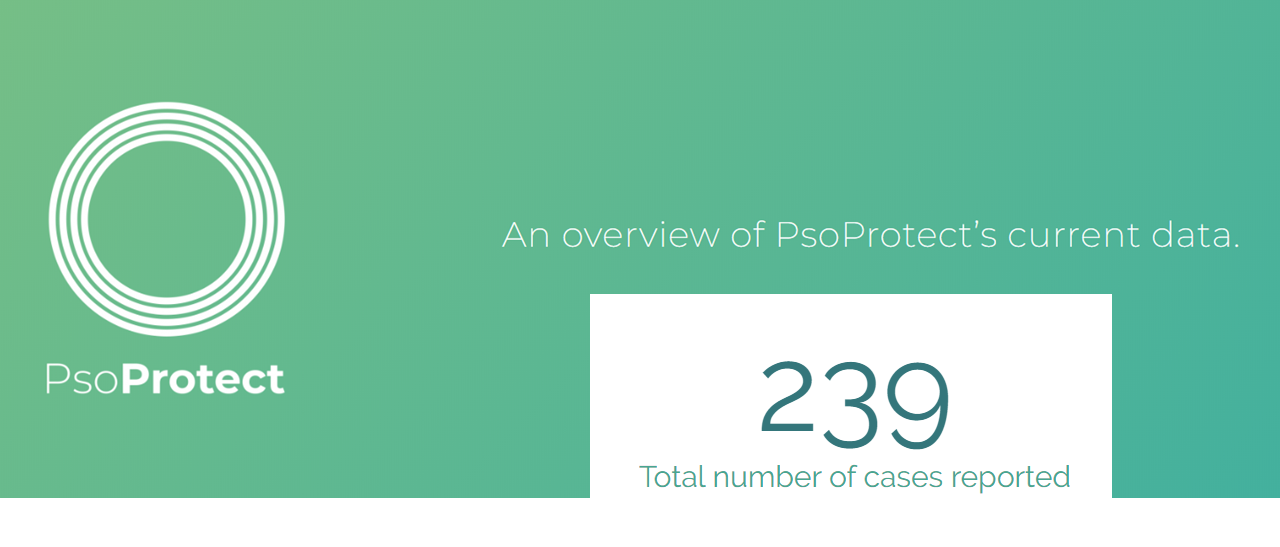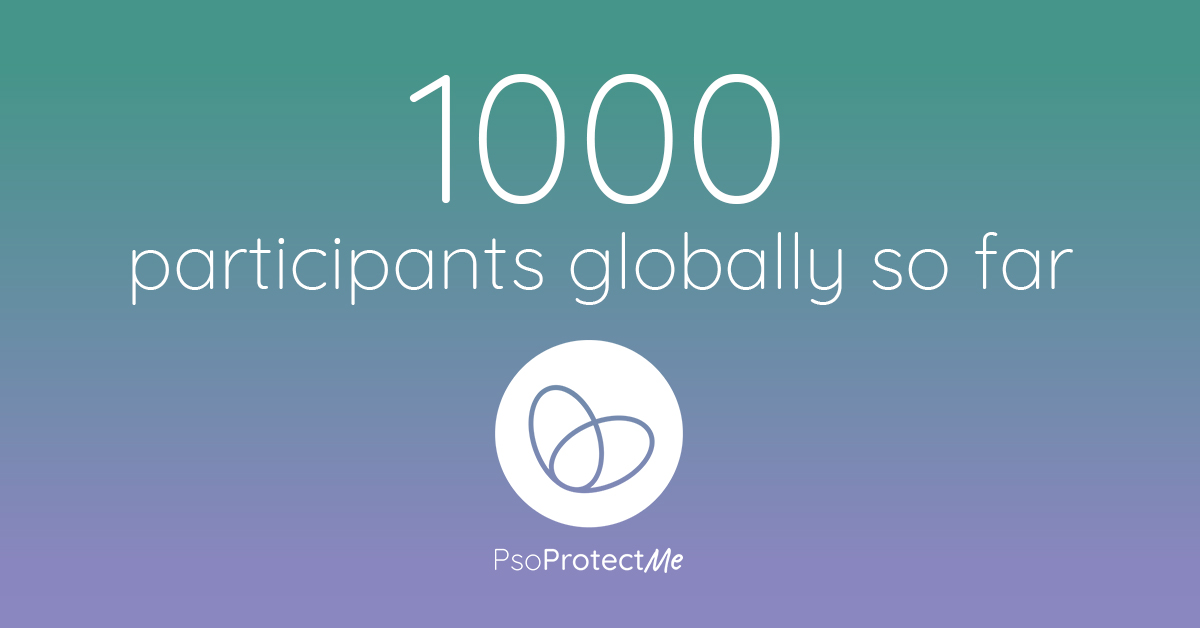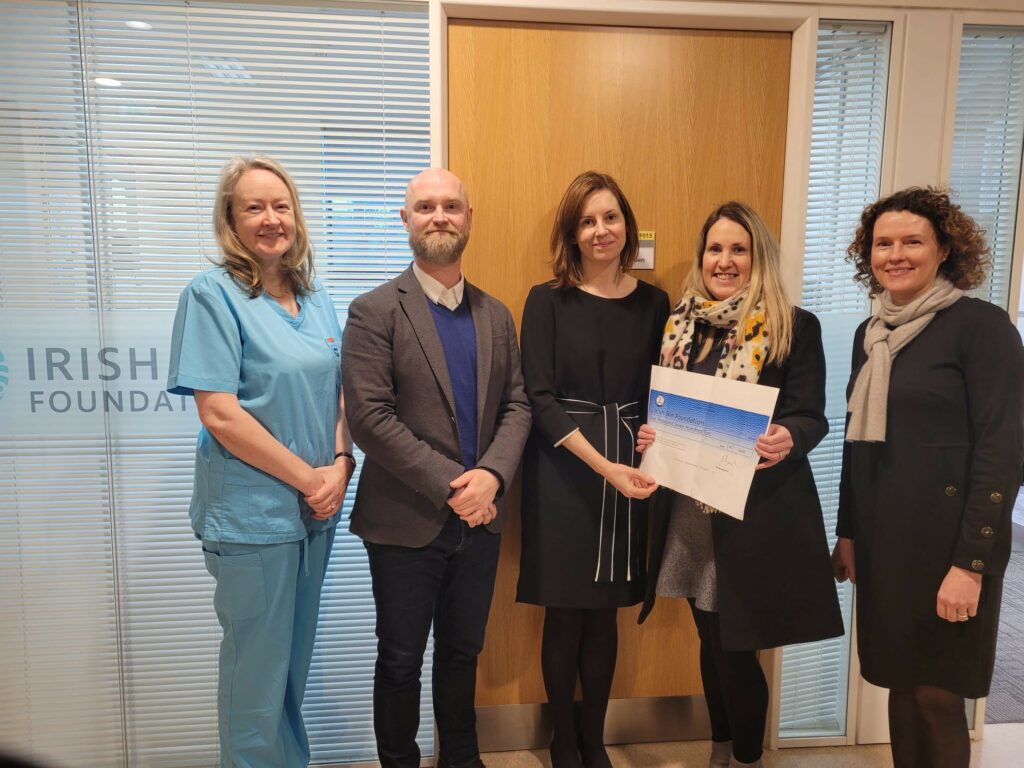The International Alliance of Dermatology Patient Organisations (IADPO) also known as Global Skin, of which the ISF is a founding member, convened a webinar titled: Understanding COVID-19 & its impacts on dermatology patients.
Representatives from patient organisations around the world attended this live ‘townhall’ style meeting which hosted an excellent presentation by Dr Esther Freeman, Assistant Professor of Dermatology at Harvard Medical School, and a member of the American Academy of Dermatology (AAD) COVID taskforce.
According to the AAD, there is evolving evidence suggesting that skin manifestations may occur in some patients with the virus. Dr Freeman, gave an update on dermatological manifestations that are being reported in the COVID-19 dermatology register and how clinicians are tracking COVID-19 in dermatology patients around the world, through the creation of COVID-19 registries.
In April 2020, the AAD and the International League of Dermatological Societies (ILDS) sponsored an international registry (COVID-19 dermatology register). This COVID-19 dermatology registry is a survey submitted by a clinician taking care of (a) COVID-19 patients who develop dermatology manifestations or (b) dermatology patients with an existing condition who develop COVID-19. The registry has at the time of the webinar recorded 700 cases from 31 countries. Analysis ongoing, and publications under peer review.
Dr Freeman spoke about the wide range of skin manifestations they are seeing in the registry and highlighted the more commonly reported skin symptoms, which included: purple, swollen, tender lesions (similar to chilblains) on hands and feet also known as COVID toes, non-specific viral rashes, fluid filled bumps similar to chicken pox and urticarial (hives) presentations.
Similarly, a Spanish paper published in the BJD April 2020, authors Galvin Casas et al. identified five common skin manifestations of COVID-19. in 375 cases in Spain1.
COVID-19 dermatology registries worldwide
The AAD Covid-19 dermatology Registry is one of several registries worldwide recording data from people with dermatological manifestations associated with COVID-19. Other global registries include:
- French Dermatology Society COVID Registry
- Global HS COVID-19 registry
- PsoProtect
- SECURE-AD
- SECURE-Alopecia
- Spanish Dermatology society COVID PIEL Registry
Some of these registries are disease specific and the data for these registries is submitted by clinicians. PsoProtect (psoriasis registry) has just reported on 239 cases from across 22 countries recently.

Self-Reporting: COVID-19 Psoriasis registry
There is a self-reporting registry for people with psoriasis called PsoProtectMe. This self-report survey is to help understand how the COVID19 pandemic is affecting people with psoriasis, whether you have had COVID19 symptoms or not. The survey takes about 10 minutes to complete and asks about your symptoms, psoriasis treatments and any underlying health conditions you may have.

- Related: Irish Skin Foundation, a partner with PsoProtect
- Related: New survey for psoriasis patients to self-report experiences of COVID-19
Benefits of these COVID-19 dermatology registries
Dermatology registries are very important, the data collected potentially provides an opportunity to explain some of the impact of COVID-19, better understand the clinical course and outcomes and inform clinicians in the management of patients with these skin diseases, during this pandemic.
For more information on these registries
Click onto Global Skin COVID-19 information page, which lists the current registries.
* A patient registry is an organised collection of information using observational methods about individuals, with a specific diagnosis. Registries have multiple uses, which may include some of the following: provide information to clinicians with the aim of learning more about the disease, establish the basic features of the disease, how it is managed in a clinical setting, measure clinical effectiveness and safety of treatments and support specific research questions.
Reference:
- Galvan Casas C. et al. Classification of the cutaneous manifestations of COVID-19: a rapid prospective nationwide consensus study in Spain with 375 cases. British Journal of Dermatology, 2020; doi:10.1111/bjd.19163
For more information about psoriasis, visit our Psoriasis Section to download our booklet, What you need to know about Psoriasis or contact the ISF Helpline for one-to-one information and support.













